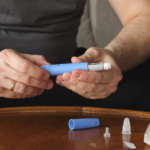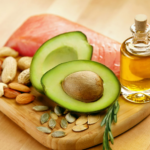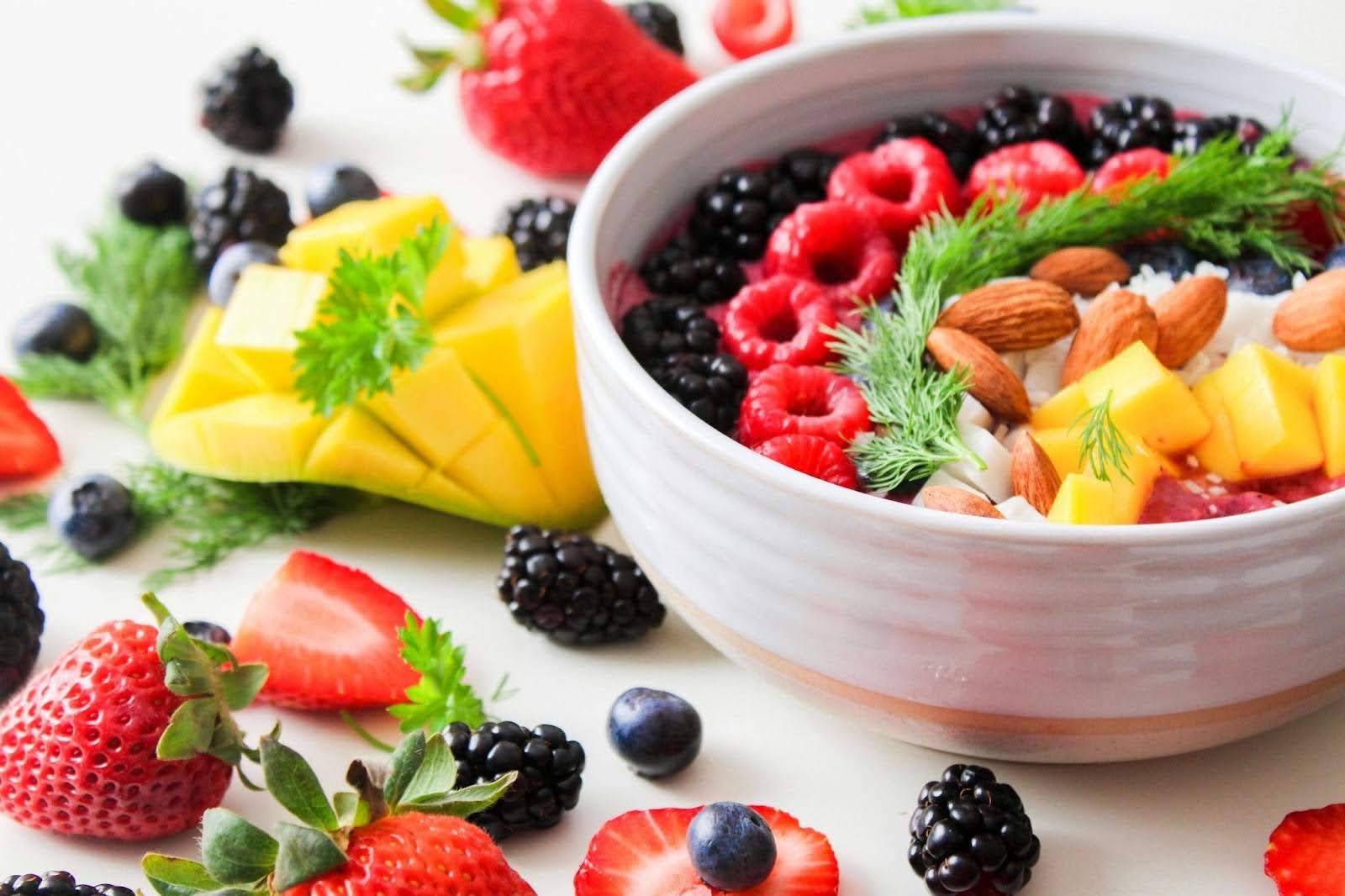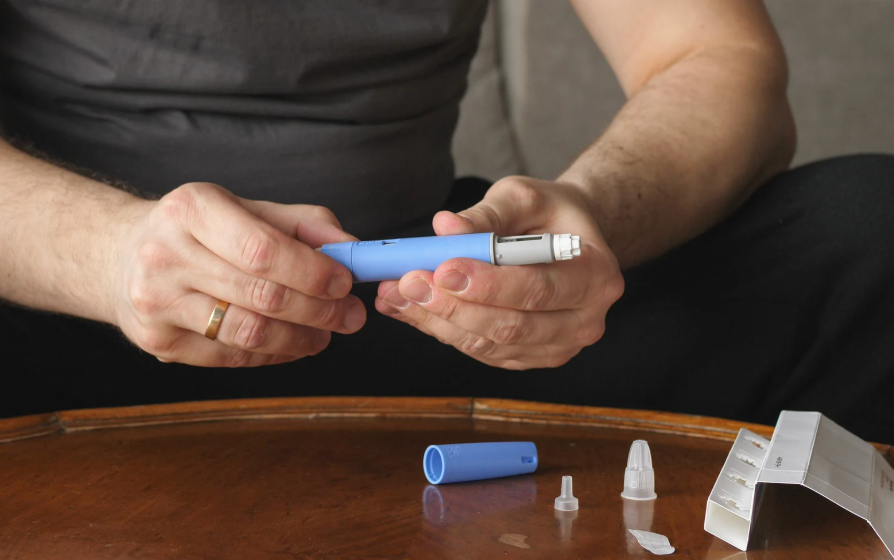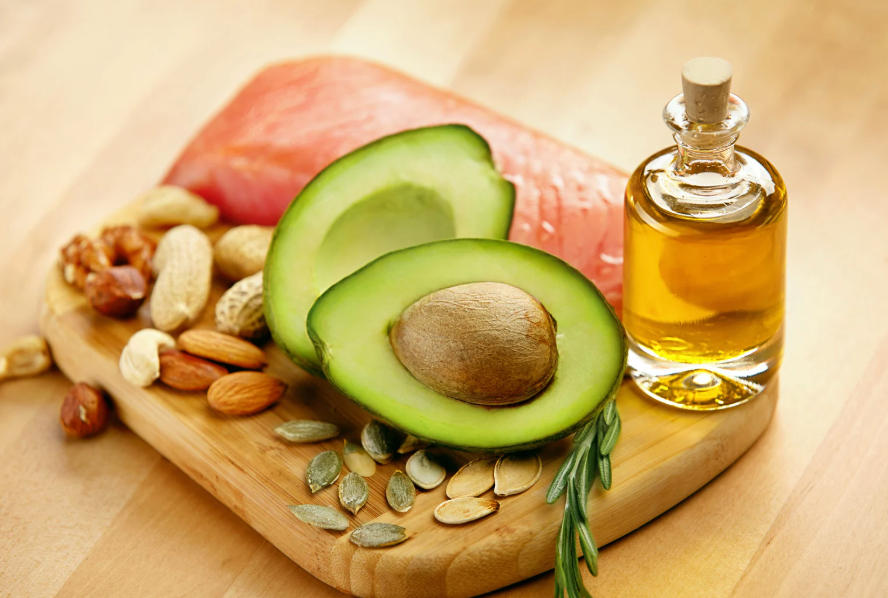Quitting alcohol is a major lifestyle change that requires physical, mental, and emotional adjustments. Many people focus on the psychological aspects of recovery but often overlook one critical factor: diet. What you eat can play a significant role in easing withdrawal symptoms, restoring balance to your body, and reducing cravings.
An alcohol detox diet is essential in alleviating withdrawal symptoms and facilitating recovery by addressing nutrient depletion, improving mood and energy levels, and assisting in the body’s healing process during alcohol detoxification.
This resource breaks down what you need to know about keeping healthy when hopping on ‘the wagon.
Understanding the Insidious Nature of Alcohol Addiction
Alcohol addiction, also known as alcohol use disorder (AUD), is a chronic and relapsing brain disease characterized by the inability to control alcohol consumption despite negative consequences.
It is a complex condition that affects millions of people worldwide, causing significant harm to individuals, families, and communities. Understanding the nature of alcohol addiction is crucial for anyone embarking on the journey to sobriety.
The Science Behind Alcohol Addiction
Alcohol addiction is a multifaceted disorder that involves biological, psychological, and environmental factors. Research suggests that genetic predisposition, brain chemistry, and environmental influences all play a role in the development and maintenance of alcohol addiction.
The brain’s reward system, which is responsible for releasing feel-good chemicals such as dopamine, is altered in individuals with alcohol addiction. This alteration leads to cravings and compulsive drinking behavior, making it challenging to quit without comprehensive support.
How an Alcohol Detox Diet Affects Your Nutritional Health
Alcohol misuse depletes essential nutrients, leading to deficiencies that can make the withdrawal process even more challenging. It interferes with the body’s ability to absorb vitamins such as B1 (thiamine), B6, B12, and folic acid.
It also disrupts the balance of electrolytes like magnesium and potassium, which are crucial for nerve function and muscle health.
The Role of a Healthy Diet in Recovery
A well-balanced diet helps stabilize blood sugar levels, replenish lost nutrients, and support liver function. Prioritizing whole foods, lean proteins, and healthy fats can make a difference in how your body adapts to sobriety. Incorporating beneficial foods into your daily diet can significantly reduce alcohol cravings and support the detox process.
- Protein-Rich Foods: Lean meats, fish, eggs, and plant-based proteins help repair tissues and stabilize mood.
- Complex Carbohydrates: Whole grains, fruits, and vegetables provide steady energy and help with serotonin production, improving mood.
- Healthy Fats: Avocados, nuts, and olive oil support brain function and reduce inflammation.
- Hydration: Drinking plenty of water and herbal teas can help flush toxins and keep the body hydrated.
Managing Alcohol Cravings with Nutrition
One of the biggest challenges of quitting alcohol is dealing with cravings. Proper nutrition can help curb these urges by keeping blood sugar levels steady and addressing underlying deficiencies.
- Foods High in Glutamine: Glutamine is an amino acid that can help reduce sugar and alcohol cravings. It’s found in foods like chicken, fish, spinach, and cabbage.
- Magnesium-Rich Foods: Magnesium helps calm the nervous system and is abundant in leafy greens, nuts, and seeds.
- Fermented Foods: Sauerkraut, kimchi, and yogurt can restore gut health, which is often damaged by alcohol.
- Brown Rice: Brown rice provides complex carbohydrates and sustained energy, helping to stabilize blood sugar levels and reduce alcohol cravings. Its nutritional content supports gut health and overall well-being.
The Right Foods to Eat During Alcohol Detox
A healthy diet is essential during alcohol detox to help manage withdrawal symptoms, support the body’s natural detoxification processes, and promote overall well-being. Incorporating the following foods into your diet can help alleviate symptoms and support recovery:
Fruits and Vegetables: Nature’s Candy
Fruits and vegetables are rich in essential nutrients, fiber, and antioxidants that can help stabilize blood sugar levels, reduce cravings, and support overall health. Some of the best fruits and vegetables to eat during alcohol detox include:
- Berries: Rich in healthy natural sugars and antioxidants, berries can satisfy sweet cravings while providing essential nutrients.
- Citrus Fruits: High in vitamin C and flavonoids, citrus fruits can boost the immune system and support detoxification.
- Leafy Greens: Packed with folate, iron, and antioxidants, leafy greens like spinach and kale can help replenish vital nutrients.
- Broccoli: High in vitamin C, vitamin K, and fiber, broccoli supports liver function and overall health.
- Carrots: Rich in vitamin A, fiber, and antioxidants, carrots can help stabilize blood sugar levels and support eye health.
Incorporating these foods into your diet can help alleviate symptoms of alcohol withdrawal, support the body’s natural detoxification processes, and promote overall well-being. A balanced diet that includes a variety of whole foods can help support recovery and reduce the risk of relapse. By focusing on nutrient-rich foods, you can provide your body with the tools it needs to heal and thrive during the recovery process.
How Healthcare Coverage Can Support Your Recovery
Many people don’t realize that healthcare plans can cover some aspects of alcohol recovery, including nutritional counseling. Depending on your insurance, you may have access to a registered dietitian who can create a meal plan tailored to your needs.
Finding Affordable Nutritional Support
If your insurance doesn’t cover nutritional counseling, there are still ways to get support. Many community health centers and non-profits offer free or low-cost dietary guidance. Online programs and apps can also help track your nutrition and provide advice tailored to addiction recovery.
Diet Can Be a Powerful Tool to Support Recovery
While quitting alcohol requires a comprehensive approach that includes mental health support and lifestyle changes, diet is an essential factor that shouldn’t be overlooked. The right foods can help restore balance, reduce cravings, and make the transition to sobriety easier.
If you’re starting your recovery journey, consider working with a healthcare professional to create a nutrition plan that meets your needs. By taking care of your body with nourishing foods, you’ll set yourself up for a healthier and more sustainable recovery.

